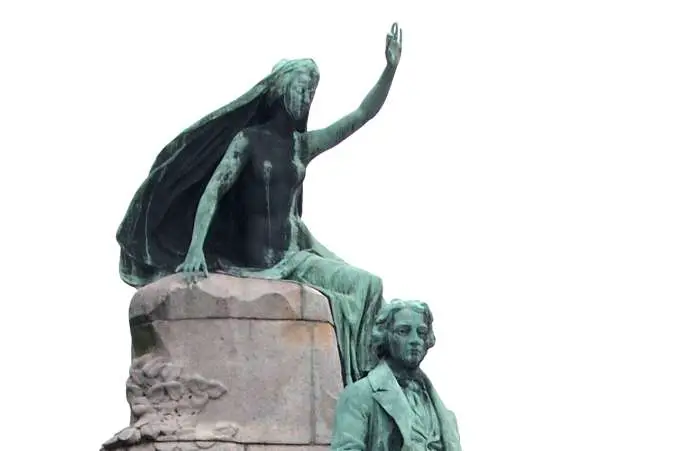STA, 17 September 2020 - Three economists agreed at a discussion on the budget fund cuts for culture that the sector in Slovenia is in an unenviable situation, and that some systemic solutions could be conceived during the coronavirus crisis, which may also be an opportunity for the sector.
Thursday's discussion, hosted by the Asociacija association of NGOs and individuals in culture, also discussed measures that the culture sector would need to continue to function and develop.
Bogomir Kovač of the Ljubljana School of Business and Economics noted that the supplementary budget provided more funds to the majority of departments, but not for culture, adding that this should be perceived from the economic and political aspects.
From the former, he sees the approach as better than during the 2008 economic crisis, when public borrowing and balanced budgets was one of the main tools for fighting recession.
The way the EU member states are being aided now is different, and there is much more wiggle room to cover deficits, so the supplementary budget is more technical than "economically and politically dramatic."
For Kovač, the culture sector being one of the rare sectors whose funds are being taken away by the government is a very political and non-economic move, "a kind of political punishing of culture".
His colleague Andrej Srakar agreed that culture is being punished and that the new budget is not being particularly strategic, and Marko Jaklič drew parallels with science, which has also been facing fund cuts in recent years.
The economists believe that production is going to suffer the brunt of the EUR 8 million cut for culture, as it is easiest to make cuts there.
Jaklič said that the funds were being taken away under the pretence that certain institutions were not able to operate, which he sees as a wrong approach. Smart countries have not cut budgets for science and culture, he added.
"The mission of culture is to put us in front of a mirror, unless we want to destroy it," said Jaklič, who thinks that Slovenian society does not understand yet that culture is also related to competitiveness of a country's companies.
The economists also noted that the attitude to culture had also shown in the anti-corona legislative packages, which did not cover the culture sector.
Kovač said that no Slovenian government saw an opportunity in culture, and added that if Slovenia wanted to build on its "political identity, which is cultural identity", culture should be in the core of political and economic strategies.
He believes that it would simply not work without a clear political decision that culture is important, and costs and losses are piling up during the crisis and there will also be a group of people "who have been pushed into an impossible position."
Srakar has the feeling that peace and status quo is being attempted to be maintained in culture, while there are several measures which are available but are not implemented, such as the share for culture in public investments and tax breaks for investors.
The economists agreed that culture should be discussed extensively because of its various forms which require different approaches. An alternative option is for the culture sector to propose changes on its own and try to put them into law.







